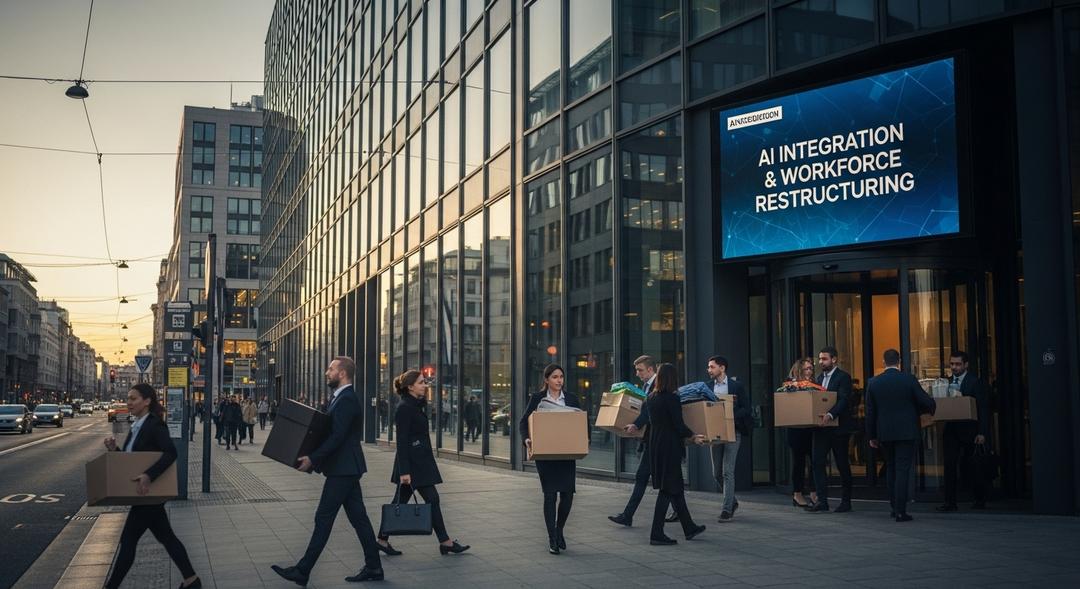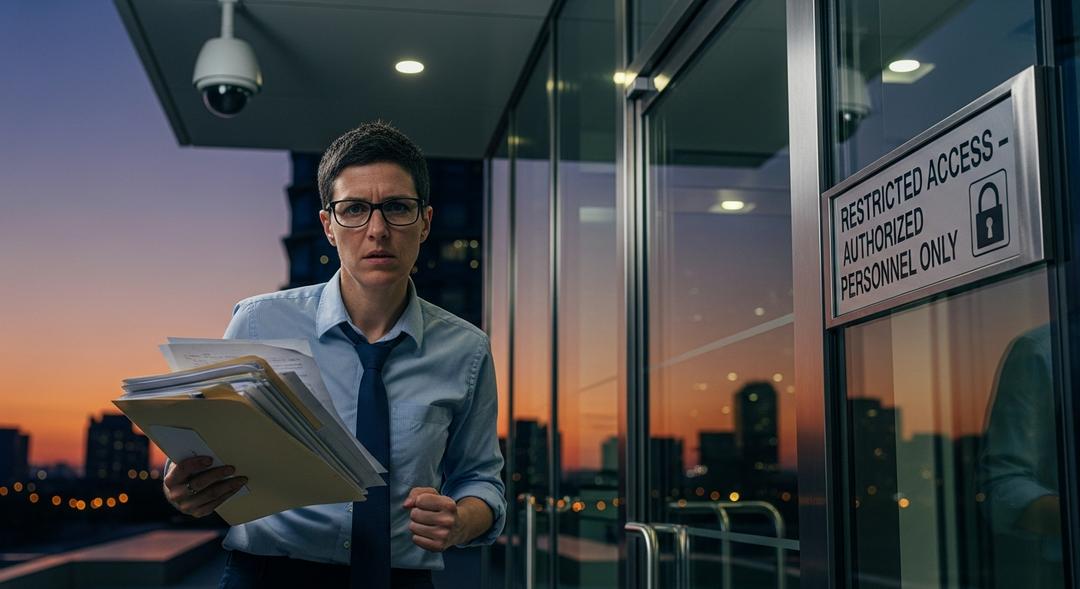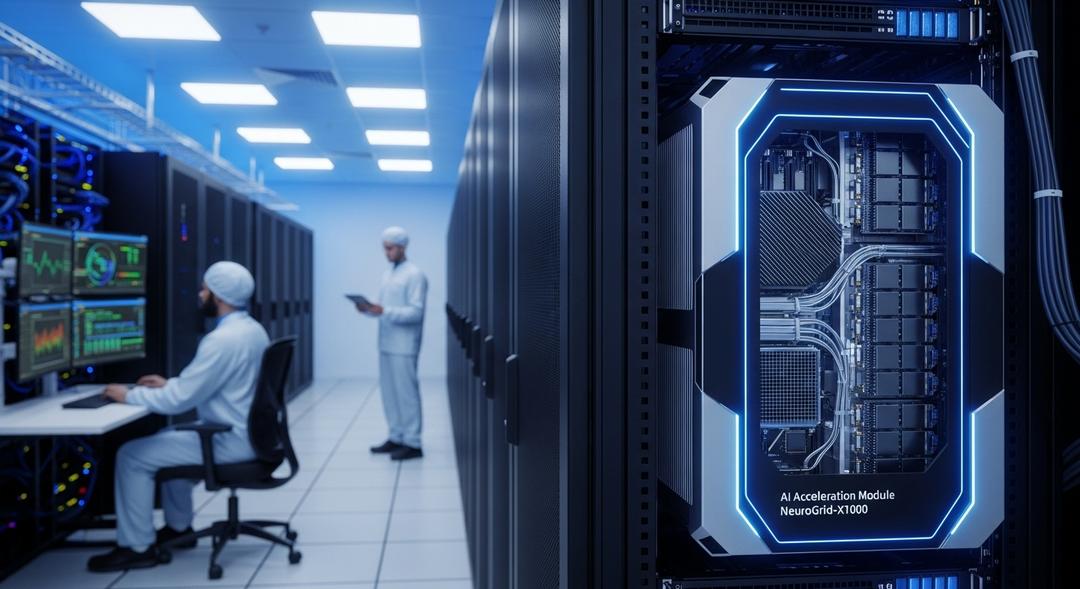In recent years, right-leaning commentators and tech critics have fueled a growing movement to rein in AI, propelled by distrust in Big Tech and personalities like Elon Musk.
For many online conservatives, AI-generated images of political figures, especially meme-laden versions of Donald Trump and his rivals, have become iconic. Yet underneath the ridicule, unease simmers about the growing influence of these technologies.
Some on the right voice simple worries, like AI’s potential to smear reputations. Others peer deeper, suggesting that this technology could play a role in end times scenarios, echoing warnings from science fiction.
Elon Musk, in particular, often finds himself at the center of these conversations, especially after calling artificial intelligence “summoning the demon” in past interviews. Many conservatives now cite apocalyptic risks as a reason to push for new regulation.
Debate Intensifies in Congress
Steve Bannon, former adviser to Trump and a leading rightwing voice, recently described the current AI explosion as “the most fundamental radical transformation in all human history.” Bannon insists that the technology’s leading figures, whom he derides as irresponsible, are driven by dreams of power and even immortality, adding, “It must be stopped.”
Worries about AI’s potential for runaway growth, often called the singularity, have still more history. The idea can be traced to mathematician Vernor Vinge’s early papers, which forecast a tipping point when machines outthink and outgrow humanity itself.
Despite fears, no one quite agrees on exactly when or how such a singularity would emerge. Some look to artificial general intelligence, where machines match human reasoning, as the milestone. Others point farther ahead, to machines becoming vastly smarter than us.
In the background, concern is not limited by political party. Pew Research polling shows a clear majority of Americans, Democrats and Republicans alike, believe the risks of under-regulating AI could be severe.
But there is still confusion in Congress over how best to respond. In the House, a Republican bill proposes to block state-level AI rules for up to a decade. That proposal, though, met resistance in the Senate, where the language has softened and some lawmakers now favor limiting federal funds to states that adopt AI controls.
Congresswoman Marjorie Taylor Greene has split with her party on this point, declaring, “This moratorium is not what President Trump ran on,” and calling the AI measure “a poison pill” in current legislation.
Academic observers, meanwhile, point to the ways fear itself shapes the debate. Daron Acemoglu, an MIT economist, suggests that sensational warnings can serve business interests by attracting investment and attention. Yet he concedes, “The more talk of artificial super intelligence we have, the more of a boost these companies get.”
As AI evolves with dizzying speed, conservatives and progressives alike face new uncertainty — both about how smart machines could reshape society and about whether Congress will finally act. For more analysis on AI could soon surpass human intelligence, see our in-depth report.








